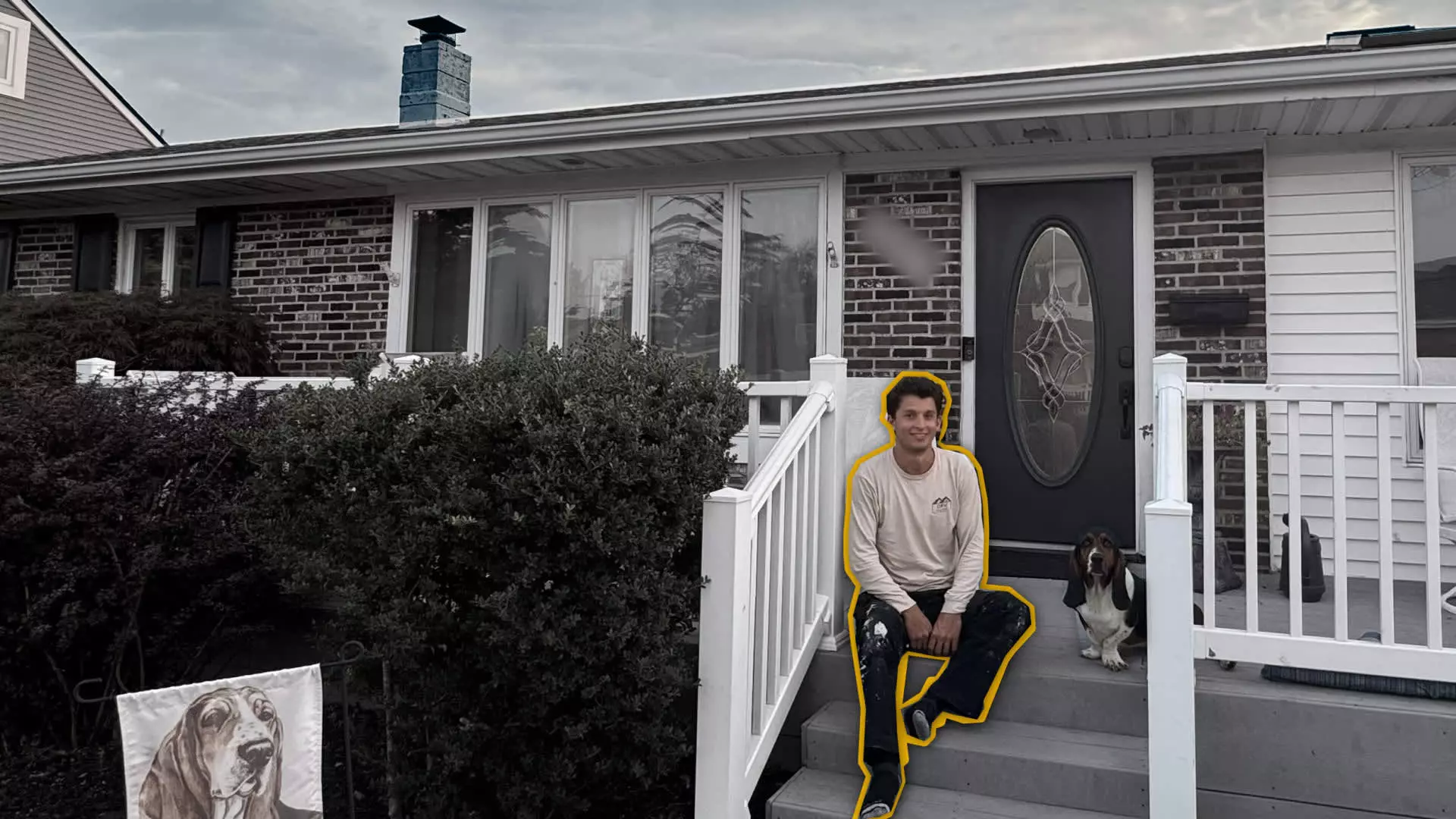As 2023 unfolds, a remarkable shift emerges in the realm of homeownership, revealing that Generation Z (born between the late 1990s and early 2010s) is outperforming previous generations in securing homes. Data from Redfin highlights that 27.8% of Gen Z individuals aged 24 are homeowners, surpassing millennials and Gen X when they were at the same age, with rates of 24.5% and 23.5%, respectively. This unexpected trend prompts us to examine what factors lead Gen Z to attain this milestone earlier than their counterparts.
The current housing landscape presents its challenges. Although Gen Z is stepping into homeownership with enthusiasm, they are doing so against a backdrop of economic hurdles. The National Association of Realtors (NAR) reports that this generation constitutes only 3% of the total homebuyer demographic. Many Gen Zers are entering the market with lower-than-average incomes, and a majority do not have dependents or a spouse, making their foray into home purchasing quite the feat. The tight housing inventory creates an environment where bidding wars are commonplace, and prices are skyrocketing simultaneously with higher interest rates—creating a frustrating paradox for prospective buyers.
Despite these circumstances, the determination of Gen Z to achieve homeownership remains steadfast. A survey conducted by Rocket Mortgage revealed that nearly 75% of Gen Z individuals plan to buy a home within the next six years. Their aspirations signify a strong motivation to defy the odds presented by current market conditions. 24-year-old Dominic Verrichia’s experience encapsulates this sentiment. Having purchased a home in Ventnor City, New Jersey, in 2020 when mortgage rates were significantly low, Verrichia expressed relief in his decision, despite initial uncertainties.
This emergent trend raises crucial questions regarding the implications for the wider housing market. If Gen Z succeeds in navigating the current challenges, they may redefine long-standing patterns of homeownership. The imminent surge of younger homeowners could lead to shifts in market dynamics as they bring fresh demands and preferences to the table. As they favor technology-enabled processes for real estate transactions and seek sustainable living options, the industry’s responsiveness to these demands can reshape the landscape for future buyers.
The rise of Generation Z as early homeowners marks a significant departure from historical norms in the housing market. While daunting factors like limited inventory and high interest rates persist, this generation’s resilience and ambition serve as a beacon of hope for future homebuyers. As they challenge existing paradigms, the potential volatility in the housing market may mean that Gen Z is not just participating but could also spearhead a new era of homeownership, ultimately influencing broader economic trends.

